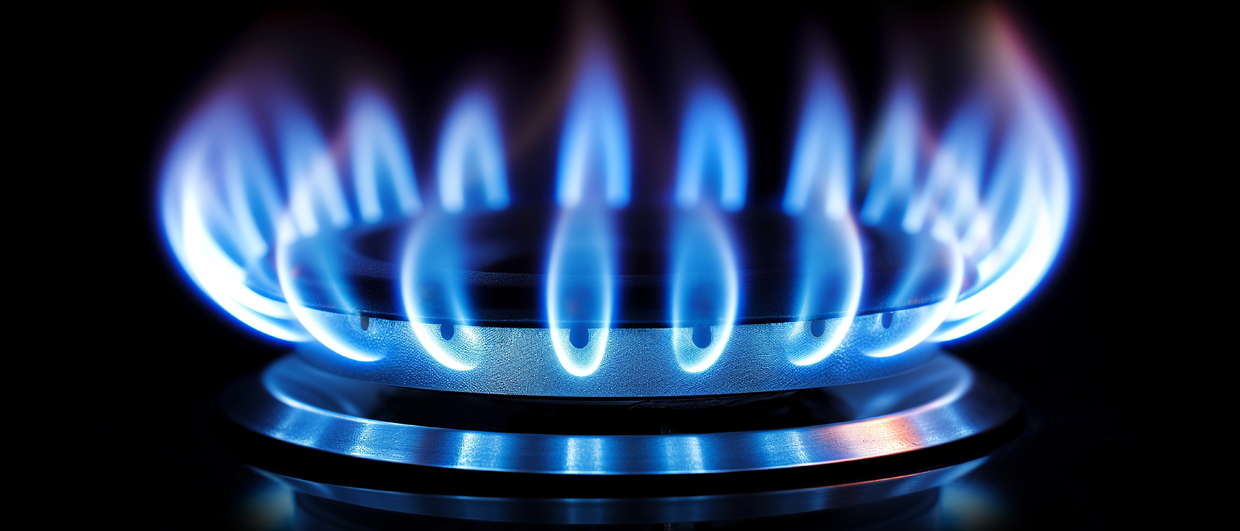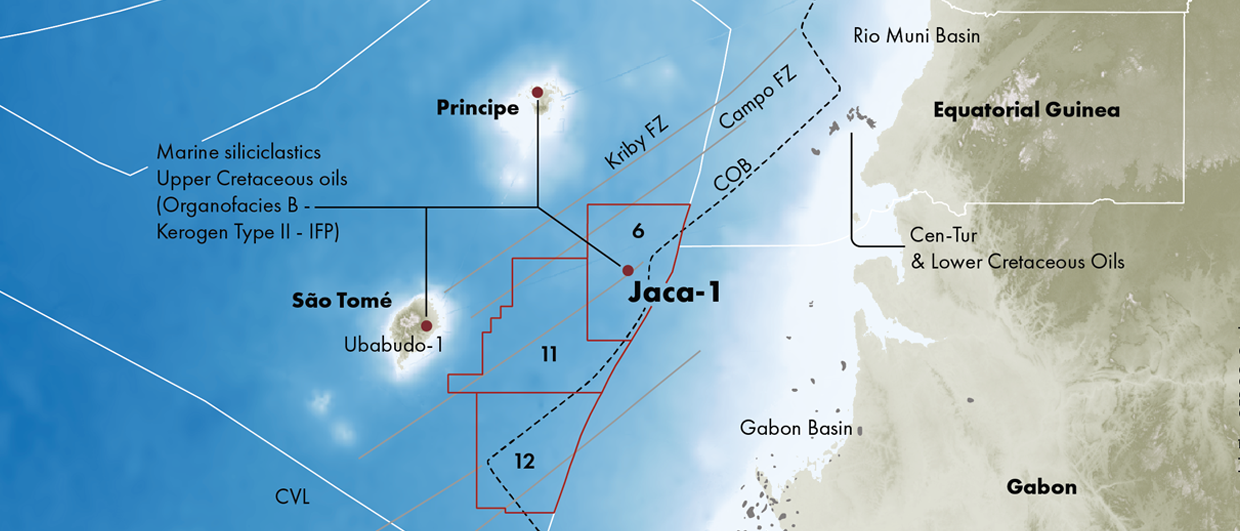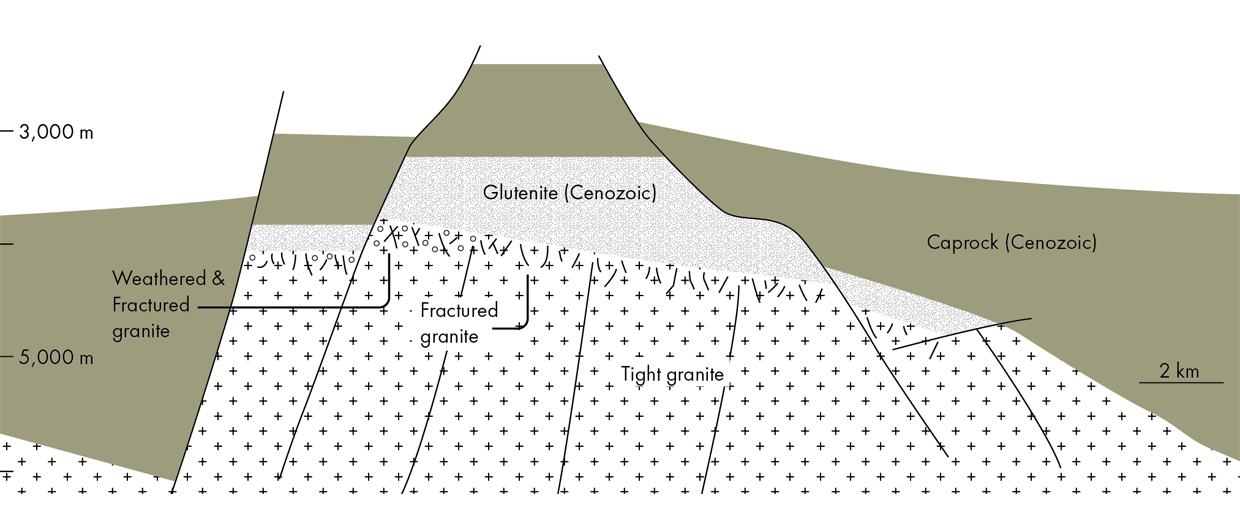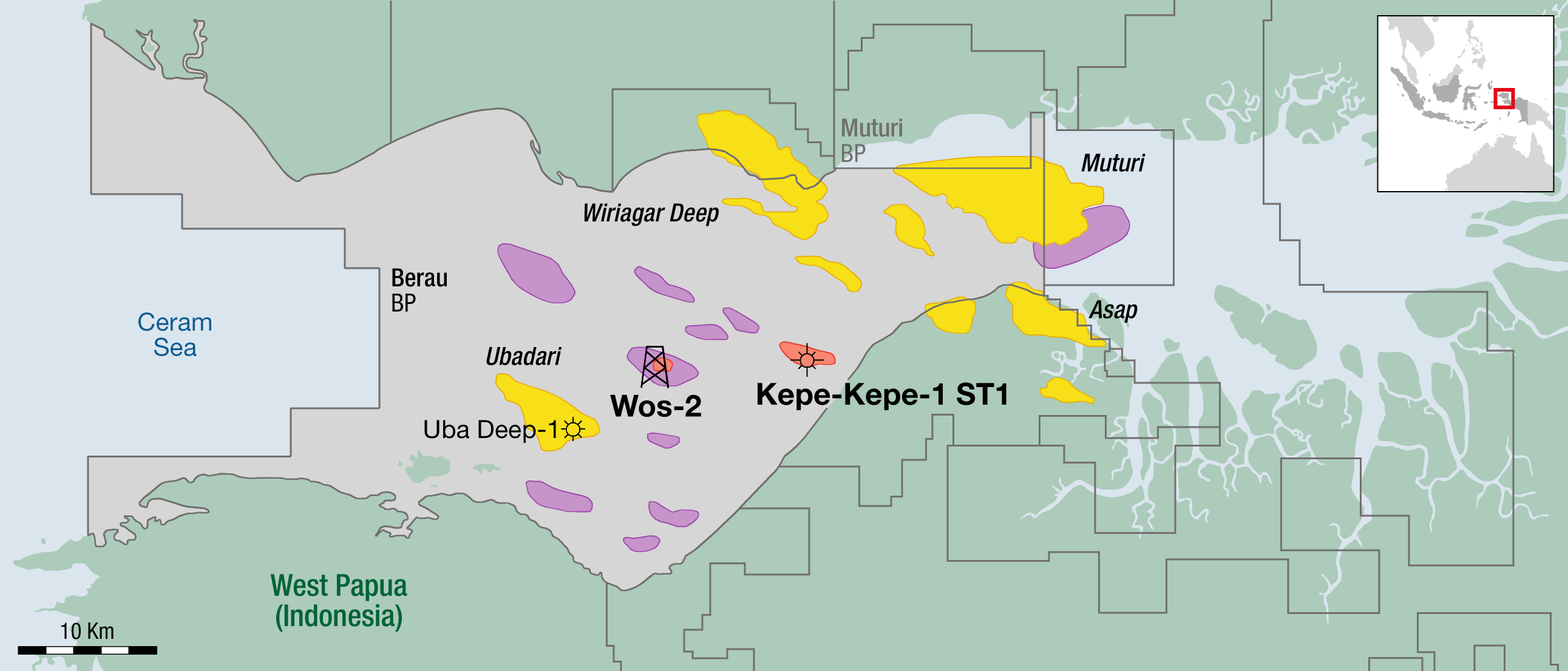With a finite and ultimately declining production base we see the real challenge to the future of North West Europe as being not so much the geology, but the management of the investment climate to support efficient exploration and exploitation of the resource potential. A realistic and stable tax regime, investment incentives and oil and gas prices are all considerations and while global commodity prices cannot be controlled, governments have a key role in determining if these basins can thrive and continue to compete internationally.
What were the most exciting developments in the region in the last two years and what is the knock-on effect?
There are probably two main developments: firstly the opening up of the frontier areas where sufficient reserves are now being found to create new hubs that will enable the export of gas in particular to be economic; and secondly, the Utsira High discoveries. Both are creating interest in areas that were either unloved or were seen as having too long lead times for most companies. The result has been a resurgence of exploration activity in both areas and a serious review of potential analogues, both of which could lead to significant new discoveries.
What challenges will be important in the next 10 years? What technological developments will help?
Advances in geoscience technology have significantly improved the chance of exploration success over recent years. Now the greatest challenge facing the UK today and Norway in the future is the need to ensure the presence of an effective export infrastructure to secure both the remaining known and the potential yet-to-find resources. Given the ageing of the current infrastructure, putting new oil down old pipelines may not work. Most importantly, we will require industry and government collaboration to ensure efficient access to infrastructure and a good investment climate that will promote innovation in technology to reduce costs and facilitate satellite developments. We are seeing re-usable solutions in spar and buoy technology advancing that could allow cost-effective exploitation of small developments, providing that access to infrastructure is available or offshore loading is feasible. Unmanned and remote controlled seabed installations may also be increasingly used, but these will either require substantial reserves or nearby existing infrastructure tie-points to be economic.
What should the UK government do to encourage investment in the UKCS?
Government has shown that it is already listening to industry in removing some of the damaging effects of the special corporation tax that was introduced in 2002, initially at the rate of 10% though it has since been increased twice, in 2006 and 2011. Now standing at 32% it has clouded investment for nearly 10 years. More than anything, attempts to increase government tax take generally prove more harmful than oil price reductions and destabilise the fiscal climate, creating investment uncertainty. It is a perfect example of the difference between good and bad management. It is a relief to see common sense prevail with almost all UKCS projects now subject to minimal extra taxes. This can only be good for resources, good for jobs and good for the UK.
Next 10 years – optimistic or pessimistic?




